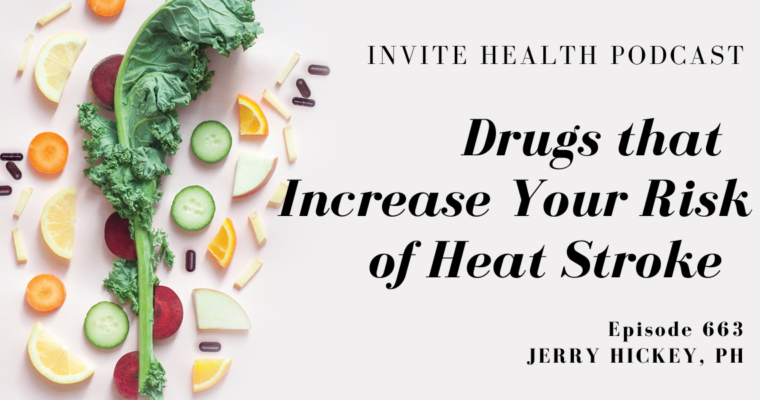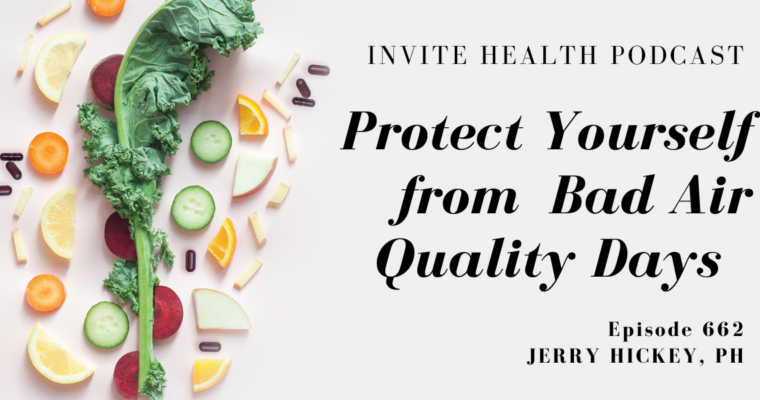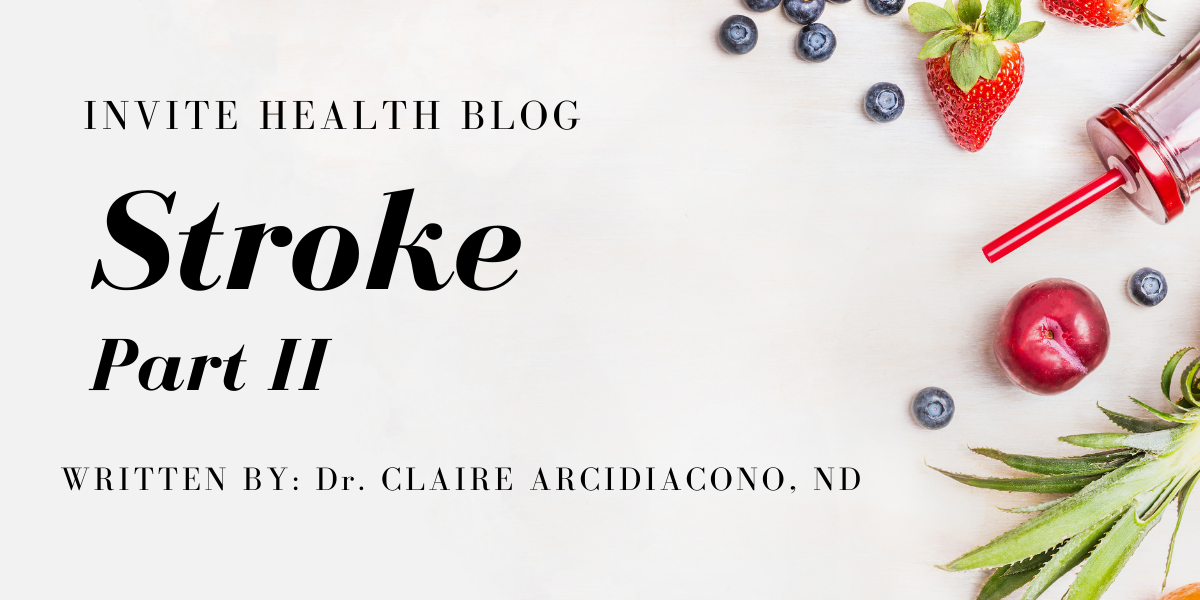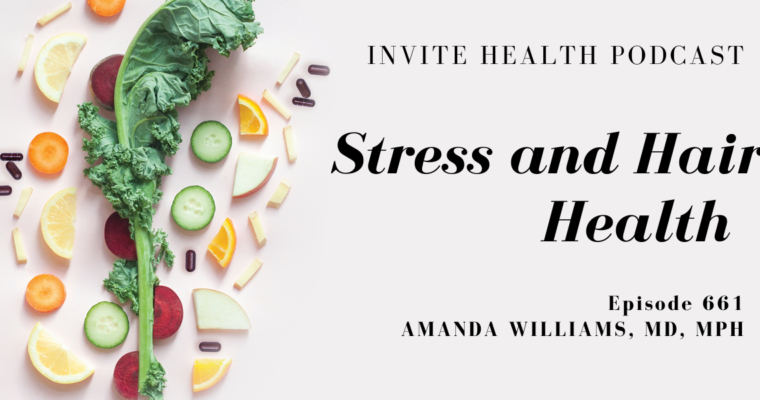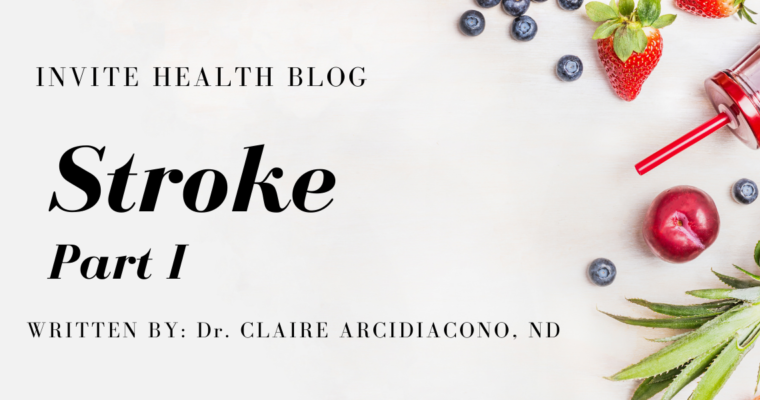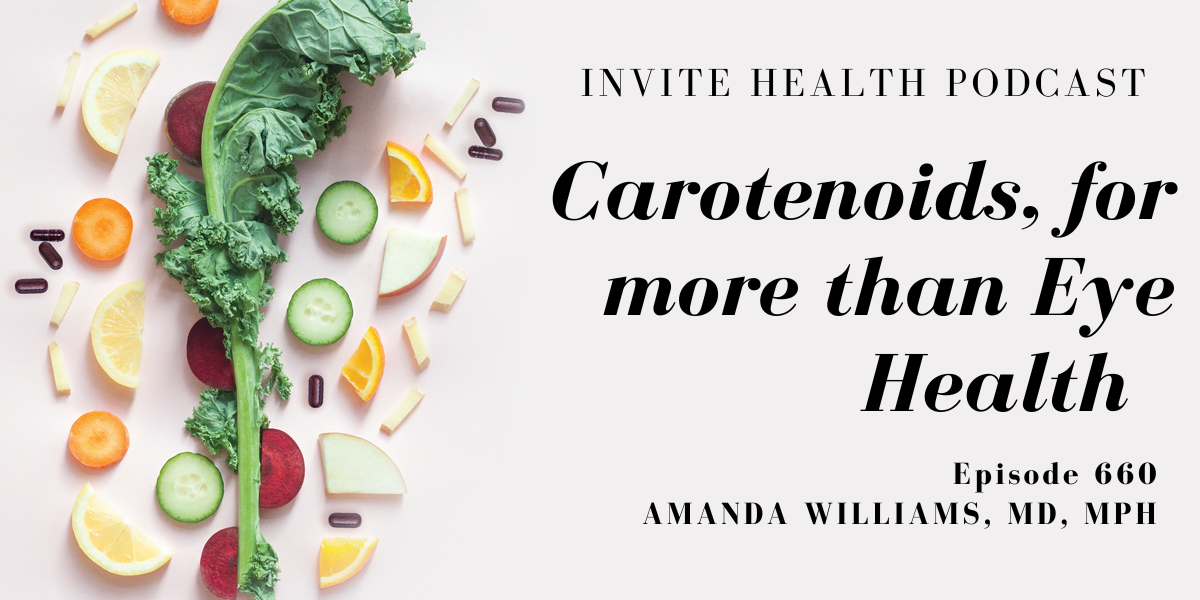Subscribe Today!
Please see below for a complete transcript of this episode.
CAROTENOIDS FOR MORE THAN EYE HEALTH, INVITE HEALTH PODCAST, EPISODE 660
Hosted by Amanda Williams, MD, MPH.

*Intro Music*
InViteⓇ Health Podcast Intro: [00:00:04] Welcome to the InViteⓇ Health Podcast, where our degreed health care professionals are excited to offer you the most important health and wellness information you need to make informed choices about your health. You can learn more about the products discussed in each of these episodes and all that Invite Health has to offer, at www.invitehealth.com/podcast. First time customers can use promo code podcast at checkout for an additional 15% off your first purchase. Let’s get started. † [00:00:34]
*Into Music*
Amanda Williams MD, MPH: [00:00:40] You’ve probably heard someone somewhere along the line say you should eat more carrots, they’re good for your eyes and there is definitely truth to that. When you look at the actual constituents that are contained in a carrot, you start to look at the carotenoids, and we know that carotenoids are incredibly helpful for our visual health, and it is through the action of carotenoids that it helps to protect the eye from UV Damage. So, coming from the sun and nowadays coming from those light emitting devices that so many people use every single day. Yes, I’m talking about your cell phones and your computers and tablets, including your televisions. So, we know that we’re continuously inundated with all of that UV exposure, and of course, we could sit around and eat carrots all day or we can make sure that we are taking high, potent extracts of powerful carotenoids to really enhance not only the health of our eyes, but for so much more. I am Dr. Amanda Williams, Scientific Director at Invite Health, and I want to talk about carotenoids today, because I often talk about how our multivitamins that we offer at Invite Health, our Core multivitamin, our Performance, our Men’s, Women’s, our Memory multivitamin, as well as our Immunity Multivitamin, have this added benefit of having this wonderful carotenoid complex in addition to the full spectrum multivitamin, multi mineral. So, why does that matter so much? Well, we understand at Invite Health that having a higher carotenoid status in our body really can support so much more than just our visual health. And the science that has come out in the past couple of decades has really reinforced this understanding that nutrients such as lutein and zeaxanthin are incredibly supportive to the health of our brain and to target neuroinflammation. There are studies that indicate that higher intake of carotenoids in our diet can lead to better hormone regulation, which is a wonderful thing, and even support healthy weight loss. And this is coming from the fibers, obviously, within those powerful orange, red and yellow pigmented fruits and vegetables. But we also have to look at how it is, that those antioxidants are working to facilitate such a powerful punch when it comes to protecting more than just our eyes. † [00:03:05]
[00:03:05] And multiple studies have now indicated that when we have high levels of carotenoid in our system, it leads to significant macular as well as retinal support. So, we have those concerns with age-related macular degeneration, for example. And we can see if we have a higher intake of the carotenoids, in particular lutein and zeaxanthin. This definitely leads to that protective mechanism, but at the same time we also recognize how powerful these keratinocytes are when it comes to our brain function and for cognitive performance. There was a fascinating study where they did a functional MRI, and they gave individuals higher amounts of lutein and zeaxanthin and then they did a brain scan, and they could see significant improvement in the neuronal connectivity. So, meaning that the brain cells were actually working much better in the presence of those carotenoids. So, this is key for learning as well as for memory, and we can start to recognize that through the ability of these carotenoids to cross that blood brain barrier and provide and yield us a higher amount of antioxidants to fend off oxidative stress, as well as free radicals and inflammation. We certainly can improve much more than just our eye health, and at University of Georgia, they were looking at how brain function was improved with the daily supplementation of just two key carotenoids, lutein and zeaxanthin. They gave lutein and zeaxanthin to individuals who are over the age of 70 years old, and one group was given a placebo, the other group was given lutein and zeaxanthin and they could detect through once again those functional MRI scans that the individuals who were taking the lutein and zeaxanthin, had this enhanced blood flow into the brain. They had a heightened cell activity level, which is so incredibly impressive, so in turn, this led to improvements on cognitive performance. So, being able to recall things much quicker, having better focus, having better ability to learn new things just from taking lutein and zeaxanthin. I know, sometimes we think about carrots, peppers, and you wouldn’t think that these are so wonderful for so many systems in our body, including cardiovascular health, as well as being able to target body fat, visceral body fat is linked directly with carotenoid levels. And if you have low carotenoid levels in your system, this can lead to a significantly higher rate of visceral body fat, which is certainly not something that most people would be striving for. † [00:05:53]
ICYMI:DON’T BE FOOLED BY OZEMPIC, TURN TO NATURE FOR WEIGHT LOSS SUPPORT, INVITE HEALTH PODCAST, EPISODE 656>>LISTEN NOW!
[00:05:54] In the Journal of Nutrients, they drew upon this association between higher levels of carotenoids in the blood and a reduction in visceral body fat. So, this kind of tells you that when we think about food as medicine and what it is that those nutrients are actually doing to help to offset some of those negative effects of just the aging process and from all of the different chemical exposures that we come in contact with every single day, that things that we take in from our diet, those red and orange and yellow pigmented fruits and vegetables, those leafy vegetables. Are you a spinach eater? Do you eat kale? These are wonderful sources of those carotenoids once again. So, the more we can expose ourselves not only from the dietary intake of these, but also through dietary supplementation, we can help to get better support of all systems in the body. So, the next time that you’re sitting down to eat, you may look and say, you know what, maybe I’m going to have an extra serving of those carrots today because we now recognize the way that these powerful carotenoids are working to support the health of our skin and give us this lovely, healthy glow, those carotenoids with all of those powerful antioxidants are working to help hydrate the skin, as well as to give us this improvement in overall skin quality. So, when people are using formulations like our Reds Hx or our Oranges Hx, oftentimes they’ll say, you know, I was taking this formulation because maybe I’m not the best with eating fruits and vegetables. So, I want to cover the gaps as much as I possibly could. So, I take a scoop of the Reds Hx or I take a scoop of the oranges, but after using this for about a week, I have this overall sense of well-being and I even feel like my skin is healthier, and this is why, and you can see through multiple clinical research trials looking at the influence of carotenoids and the health of our skin. And I think that this is another way to understand why it is, that carotenoids play such an essential role in human nutrition as well as human health. And being able to tie this in to so many conditions when we have low serum carotenoid levels, how this can influence or affect our cardiovascular system, how this has a negative effect on the way that our brain is aging. So, we want to be able to get as much exposure to these carotenoids throughout the day. So, taking them in through the diet, so the foods that you’re eating, but also by taking a formulation like the Core Multivitamin which gives you additional carotenoids, getting that wonderful blend of those key carotenoids that lutein and zeaxanthin in the bio activity and the protective effects of those natural carotenoids, have been so well studied. And now we understand that the mechanisms by how these carotenoids are working to really enhance overall cardiovascular health, and even the way that our cells divide. So, there’s been much research in the past couple of decades on cancer when it comes to carotenoids and inadequate intake of carotenoids in the diet can lead to, let’s just say, not the best cellular division. We see this in the setting of prostate cancers where if they give men who have prostate cancer higher levels of carotenoids, the true benefit that this actually can have in protecting those normal cells from further damage that can be brought on by those cancerous cells. So, we can see all these different age-related diseases and conditions such as, memory decline, cognitive decline, looking at cardiovascular health, looking at inflammation in the body, even in weight gain. And we can always draw back to those carotenoids playing some role in this. † [00:09:46]
[00:09:47] So, today I wanted to talk about why carotenoids matter and that we shouldn’t overlook them in our diet, nor should we overlook them in our daily supplementation routine. And we’ve made it very easy for you because, we add in those additional carotenoids to all of our multivitamins, so you can rest assured that you’re not only getting the power of those key vitamins and minerals, those bioactive B vitamins, the natural vitamin E complex, those key minerals to be able to bypass those stomach acids and be properly absorbed for full utilization. But you are also getting the power of carotenoids with every single one of our multivitamins. And now you can sit back and say, yes wonderful for my eyes and beyond. And I want to thank you so much for tuning in to the InViteⓇ Health Podcast. Remember, you can find all of our episodes for free wherever you listen to podcasts or by visiting invitehealth.com/podcast. Now do make sure that you subscribe and that you leave us a review. You can follow us on Facebook, Twitter and Instagram at Invite Health, and we will see you next time for another episode of the InViteⓇ Health Podcast. † [00:09:47]
DO I NEED TO TAKE A MULTIVITAMIN ? INVITE HEALTH PODCAST, EPISODE 644>>Listen now!
*Exit Music*


